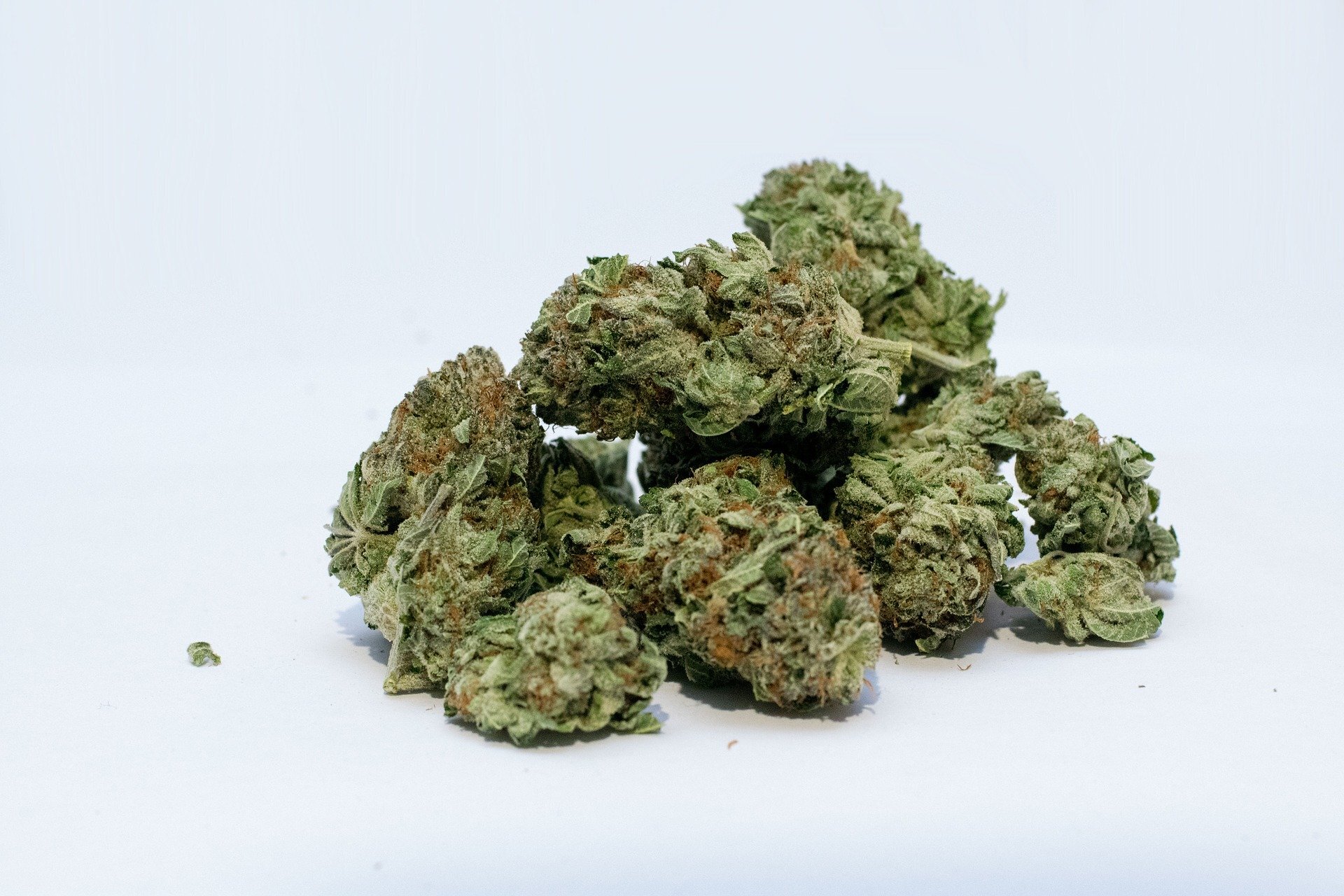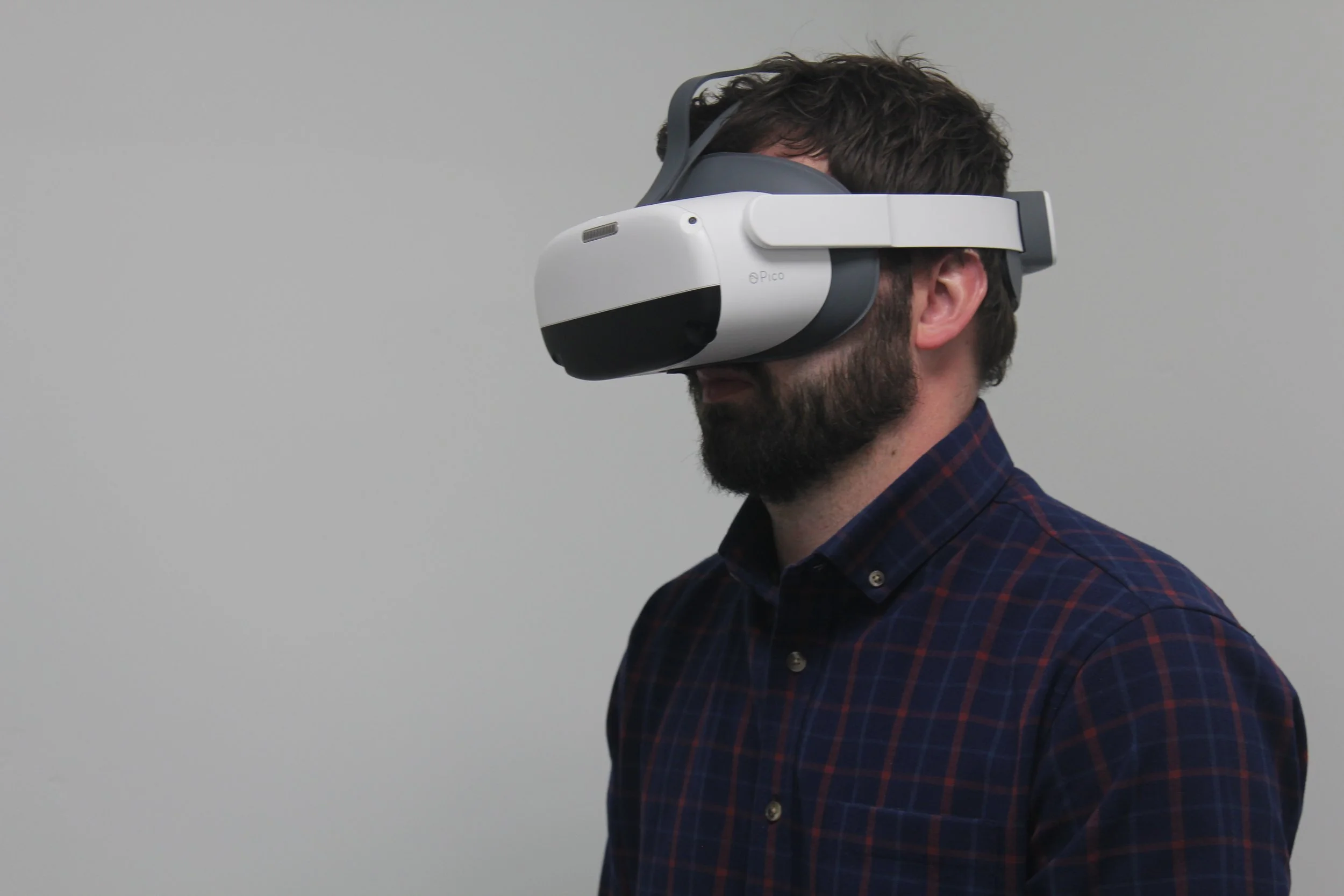
Science
CLINICALLY PROVEN
ACCURACY
In the world’s largest clinical trial investigating cannabis impairment, Gaize validated the product’s accuracy and effectiveness.
The results of this study were published in the Greene County Medical Society Journal. You may download the journal using the button below. Please see pages 18-20.
Cannabis Clinical Trial
350 Participants
Over 500 Million Datapoints
11 Unique Machine Learning Models
The eyes are the window to the soul.
The eyes offer a remarkably clear picture into the mental state of a person. They’re full of involuntary micro-movements and reflex responses that transmit information about someone’s impairment or sobriety. Science has understood this for decades and it’s the basis of the tests that Drug Recognition Expert police officers currently use.
Gaize runs an automated test that measures eye movement and uses machine learning to precisely correlate that to the behavior of sober or impaired eyes.
The result is a clear, objective, and defensible determination about how suitable someone is to be operating a vehicle, or performing their job.
Tests based on existing science.
Gaize takes advantage of 40+ years of science. That’s important because it means that the tests we conduct are well understood by courts, attorneys, and expert witnesses.
By automating the tests that Drug Recognition Expert Officers have been doing for decades, Gaize eliminates human error, and provides the only pathway to determining real-time drug impairment.
Gaize is also conducting clinical trials using the product. To date, clinical trials have been done for cannabis and alcohol with many others in process.
Blood, urine, saliva, and breath tests don’t indicate drug impairment.
We can’t afford to make mistakes in cannabis and drug impaired drivers and workers. Unfortunately, current and emerging technologies that measure the amount of THC in the body don’t measure impairment - only prior use.
THC has been repeatedly shown by researchers across the world to be uncorrelated with impairment. This is so important that many respected government and non-governmental organizations have released guidance to states to avoid using THC per se limits.
Simply put, in places where cannabis is legal, knowing that someone has used cannabis previously is not helpful information.

Experts are urging new strategies for detecting cannabis impairment:
“We’re applying the alcohol rules to a substance that doesn’t play by them.”
- Nick Morrow, Los Angeles Sheriff’s Department Narcotics Investigator, Retired
Review relevant scientific research.
Psychophysical Tests for DWI Arrest
In 1977 the seminal study of physiological tests for intoxicated driving was published. This validates several of the tests used by Gaize as accurate in discovering certain types of impairment.
Cannabis and Psychomotor Performance
This is a high quality meta review of scientific studies in the cannabis impairment detection space by one of the preeminent voices in the space.
Horizontal Gaze Nystagmus: The Science and the Law
Horizontal gaze nystagmus is the foundational test for the standardized field sobriety test.
Cannabis Effects on Driving Skills
Cannabis is strongly impairing and causes extremely unsafe drivers. This study looked at how the substance impairs the skills needed for safety on the road.
Cannabinoid Markers in Biological Fluids and Tissues: Revealing Intake
Unfortunately, THC doesn’t behave the same way that alcohol does in the body. That means that the amount of THC in the body is not correlated with impairment.
A Two-Year Study of Δ 9 Tetrahydrocannabinol Concentrations in Drivers; Part 2: Physiological Signs on Drug Recognition Expert (DRE) and non-DRE Examinations
There are certain components of the Drug Recognition Expert eye tests that are highly correlated with cannabis impairment. Learn about them here.
Indeterminacy of cannabis impairment and ∆9-tetrahydrocannabinol (∆9-THC) levels in blood and breath
This study again confirmed that chemical markers for marijuana impairment do not exist. The only way to detect this is to measure how the body is responding.
Predicting categories of drugs used by suspected drug-impaired drivers using the Drug Evaluation and Classification Program tests
This study showed that category of drug can be precisely determined using the Drug Recognition Expert evaluation process. Gaize has automated these same tests.
Assessment of Cognitive and Psychomotor Impairment, Subjective Effects, and Blood THC Concentrations Following Acute Administration of Oral and Vaporized Cannabis
Once again verifying that impairment from marijuana cannot be determined using a measurement of THC in the body, this study also showed that evaluative techniques are accurate.
Participate in Gaize Research.
Gaize is recruiting paid participants in and around the Missoula, Montana and Philadelphia, Pennsylvania areas for our ongoing research. If you would like to participate, please fill out the form linked below.




